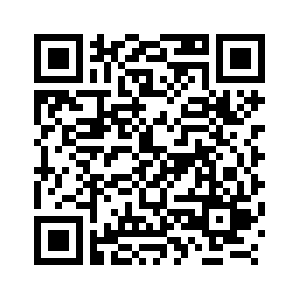Australian gov't reaches record settlement with victims of illegal debt collection scheme
Source: Xinhua
Editor: huaxia
2025-09-04 10:47:00
CANBERRA, Sept. 4 (Xinhua) -- The Australian government has agreed to pay a record-breaking class action settlement to victims of an illegal government debt collection scheme.
Michelle Rowland, Australia's Attorney-General, on Thursday announced that the government has reached an agreement to pay 475 million Australian dollars (310.5 million U.S. dollars) in compensation for harm caused to victims of the "illegal and immoral" Robodebt scheme.
Launched in 2015, the automated scheme used data matching algorithms to recover welfare debts from people the government claimed had cheated the system.
A landmark royal commission in 2023 found that the government wrongfully raised 1.7 billion AUD (1.11 billion USD) in debts against 433,000 people under the scheme, 751 million AUD (491 million USD) of which was recovered from 381,000 people before it was declared unlawful by the Federal Court in 2019.
The former federal government in 2020 agreed to a settlement package worth 1.8 billion AUD (1.17 billion USD), which included wiping all debts and refunding payments that had been recovered with interest, but did not provide compensation for the suffering of victims.
The additional compensation payment announced on Thursday, which is pending approval by the Federal Court, will settle a class action appeal brought by victims against the 2020 settlement.
Rowland said in a statement that it would be the largest class action settlement in Australian history.
"Settling this claim is the just and fair thing to do," she said.
In addition to the 475 million AUD in compensation, the government has set aside up to 13.5 million AUD (8.8 million USD) for the victims' legal costs and up to 60 million AUD (39.2 million USD) to cover the reasonable costs of administering the settlement scheme.
The royal commission's 990-page final report described Robodebt as a "crude and cruel" scheme that "traumatized" victims on the chance that they might owe money.
The National Anti-Corruption Commission said in February that five public servants and one public official would be investigated to determine if they engaged in corrupt conduct related to the scheme. ■



